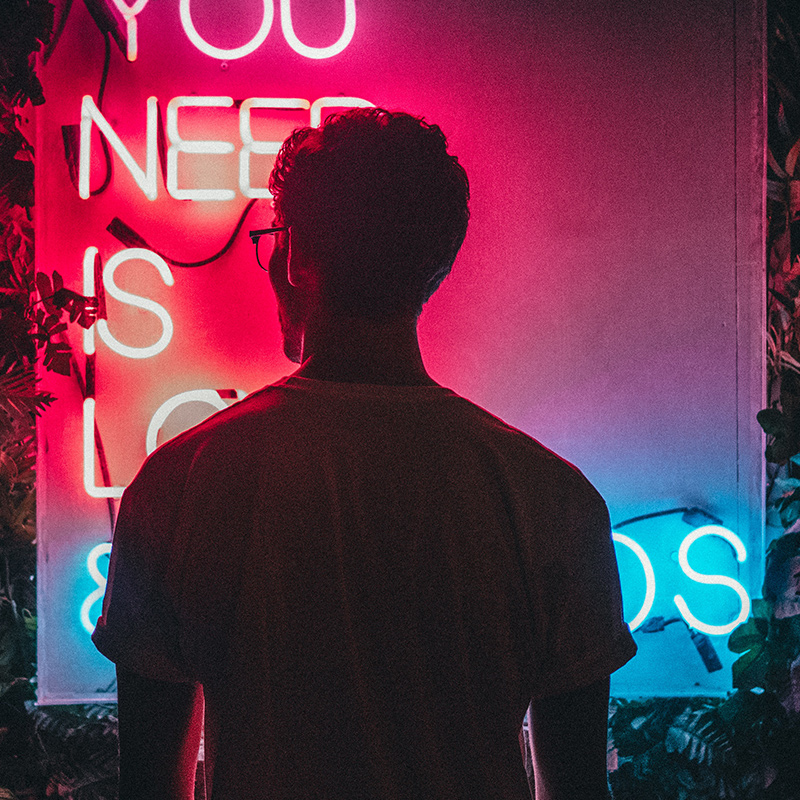Paul Oakenfold – Radio 1 Essential Mix – Goa Mix Directors Commentary – 28 Dec 2013

The Goa Mix, is a two-hour DJ mix by British musician and DJ Paul Oakenfold. It was originally broadcast on BBC Radio 1 as an Essential Mix on 18 December 1994 after the producer of the show, Eddie Gordon (english musician and DJ Eddie Gordon launched the pre-recorded Essential Mix weekly radio show on BBC Radio 1 in 1993), chose Oakenfold to produce an eclectic DJ mix for the show which featured a burgeoning variation of electronic styles, having begun the previous year. Oakenfold had, at this point, developed his own unique Goa trance sound, influenced by his time at hippy gatherings on beaches in Goa, and employed it heavily into the mix, which also made pioneering use of film score samples. Oakenfold used the mix as an experiment in which he tried to fuse electronic music, especially trance music, with film score music, and then to overlay the result with vocal parts, samples and additional production. The mix was split into two parts, later referred to as the Silver Mix and the Gold Mix respectively. Reflecting the Goa influence, the album title did not evolve beyond its simplistic working name.
Today Goa Mix is regarded as groundbreaking and a landmark for Oakenfold, Essential Mix and Goa trance. It was released as a limited edition album by Cream Records in 1995 and was later reworked by Oakenfold as The Goa Mix 2011 for release in 2010 on New State Music. It was voted the best Essential Mix ever by BBC Radio 1 listeners in 2000 and also won a Silver Award in the Specialist Music Programme category at the 1997 Sony Radio Awards.
As the most requested broadcast on BBC Radio 1, the Goa Mix has been considered pioneering. First broadcast on the early morning of 18 December 1994 as the 59th edition of Essential Mix, the sound was predominantly influenced by the trance parties taking place on the hippie beaches of Goa, India at that time. These Full Moon parties involved European travelers dancing to the Goa trance sound, and its contrast with the bass lines and rhythms of house music that was prevalent in UK night clubs made it an introduction to the sound for many UK listeners. As prompted by Gordon, Oakenfold lightened the harsh, dark sounds of Goa trance by incorporating European records into this broadcast and mixing in movie soundtracks and audio samples to retain audience interest. Whilst it has been noted that many contemporary big name DJs use this aesthetic today, it has been considered unheard of at the time of the Goa Mix. Partly due to Gordon witnessing various DJs delivering two hour house or trance mixes which he found too repetitive, the Goa Mix featured musically changing gears to take the listener up and down in mood. Oakenfold would later state that with the Goa Mix, he “wanted to do something that for [him] felt right at the time,” saying that, with films serving as a big influence thanks to his father in his early days, he tried to combine electronic music, trance music and film score music, and then to overlay the result with vocal parts, samples and additional production.
The two-hour broadcast was split into two halves. These halves have been referred to as the “Silver Mix” and “Gold Mix” respectively, although they are not truly halves, with the “Silver Mix” lasting 54 minutes whilst the “Gold Mix” lasts 64 minutes. The Silver Mix begins with the “eerie” vocals of Mr. V’s “Give Me Life”, later described by Oakenfold as “the traditional opening of a set that creates the mood, gives you the vibe, very atmospheric.” It continues over the rhythm of Oakenfold’s band Grace’s “Skin On Skin”, one of many tracks from Oakenfold’s underground Perfecto label. With the third track, “Point Zero”, Oakenfold would later state that “what really appealed to [him] was the atmosphere and the atmospheric vibe” and noted that when he came across it, he said it was “perfect to put the headphones and get lost in the music, and that was key to [him] on the mix.” From the conclusion of the “frenetic, bleak piano” of Virtual Symmetry’s “Vaporize”, released Sven Väth’s Eye Q label, heralds the first of many soundtrack pieces on the album, including Vangelis’ “Blade Runner” and an excerpt of replicant Roy Batty’s lament of memories lost, “Like Tears In Rain”. After Salt Tank’s “Eugina”, the mix shifts a gear with the iconic “LSD” by Hallucinogen, followed by a strings composition from the Dracula soundtrack, which segues into the Arabic-tinged “Alcatraz” by Electrotete. Concluding the first hour is a trio of works from Man With No Name: “Floor Essence”, his remix of Scorpio Rising’s “Dubcatcher”, and “Evolution”.







